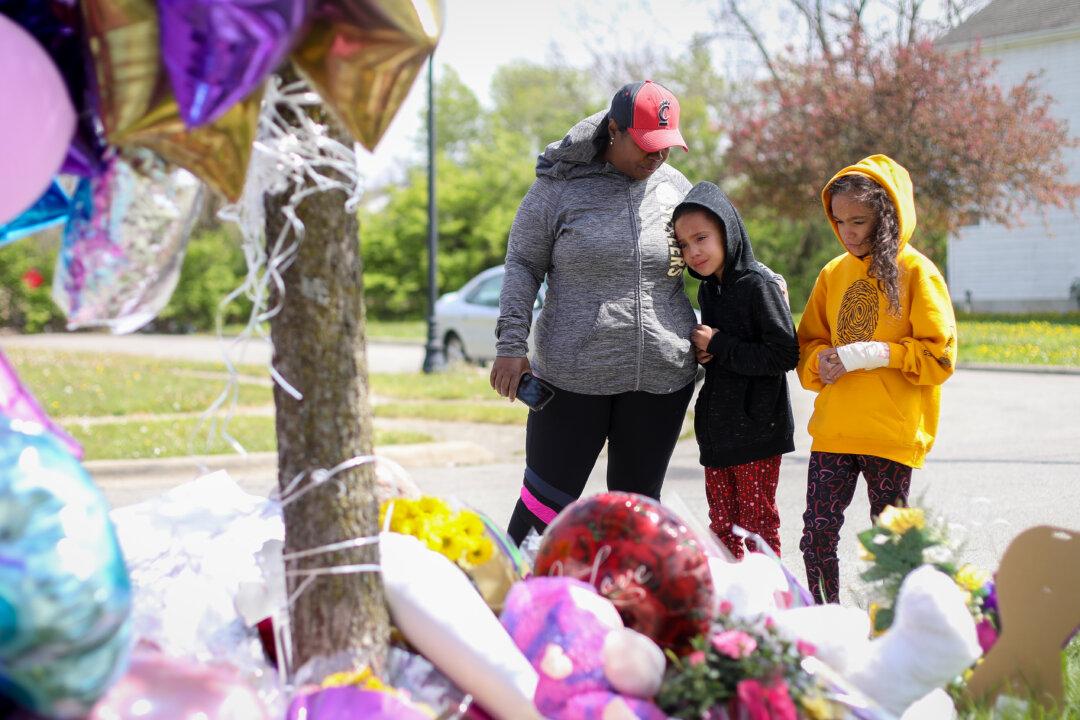As more and more states start easing pandemic restrictions, restaurants large and small are grappling with a widespread problem: hiring employees.
Owners and managers from New York, California, Washington, and Chicago told The Epoch Times hiring woes have become a nightmare amid a litany of other challenges like indoor occupancy rules. They say the federal unemployment bonuses handed out during the CCP (Chinese Communist Party) virus pandemic incentivized people to stay home instead of working.





